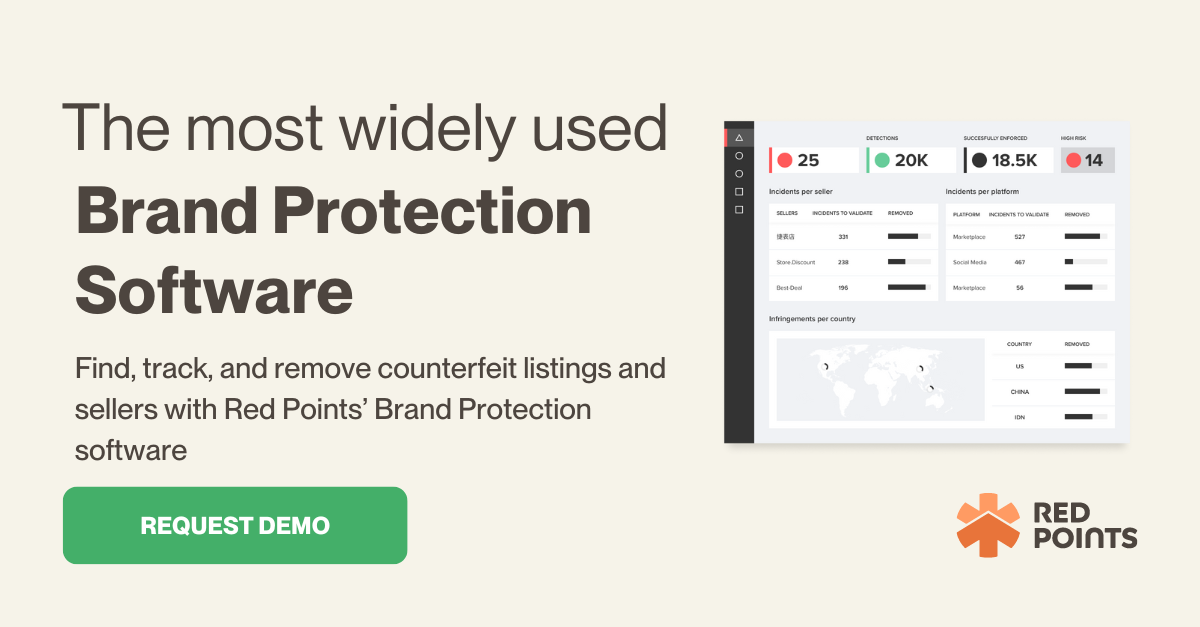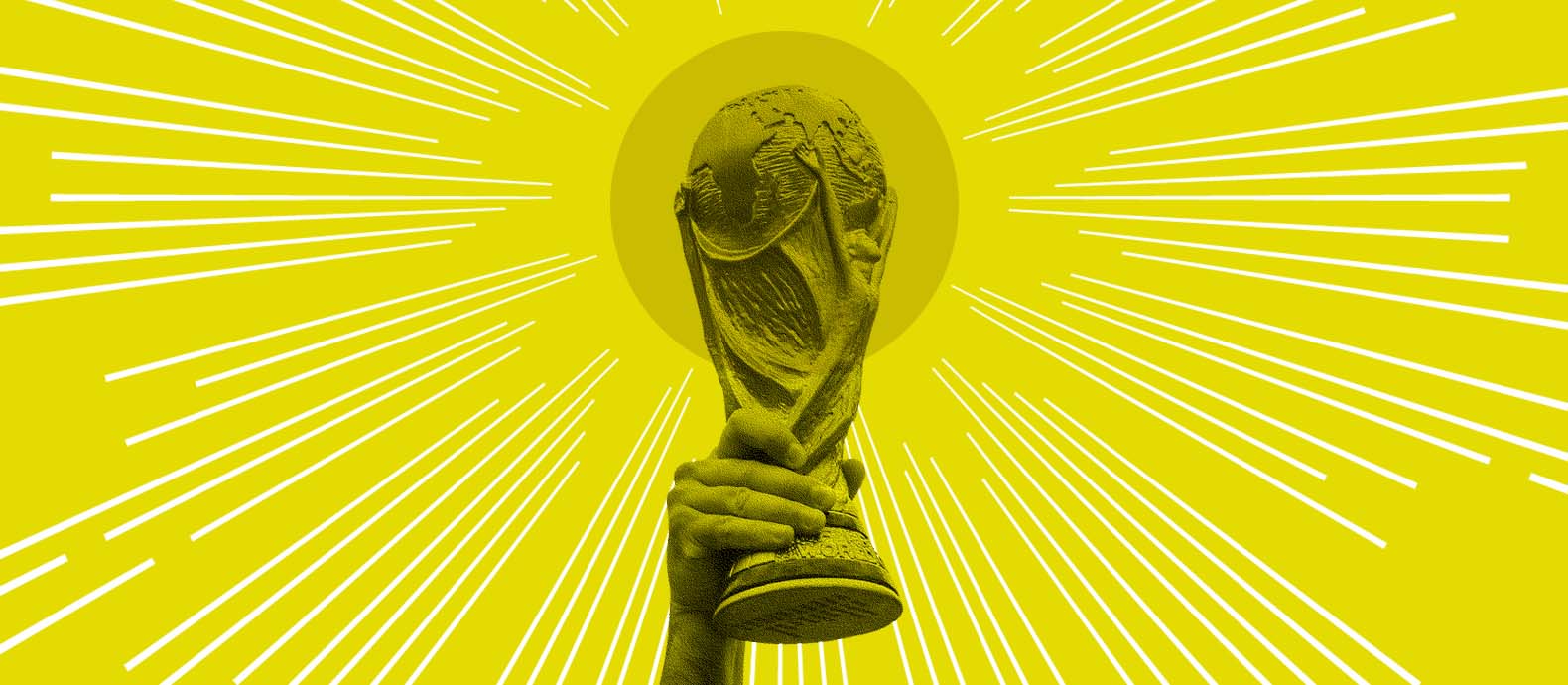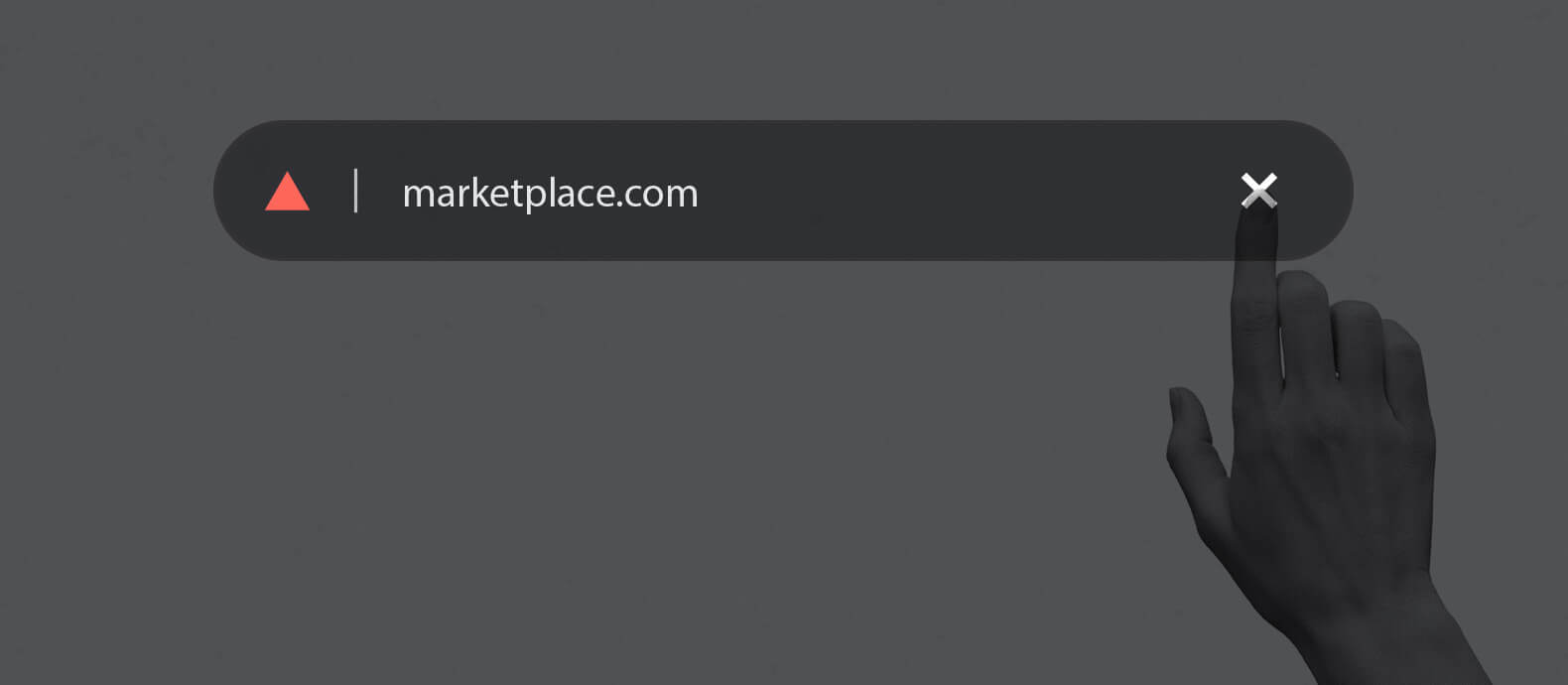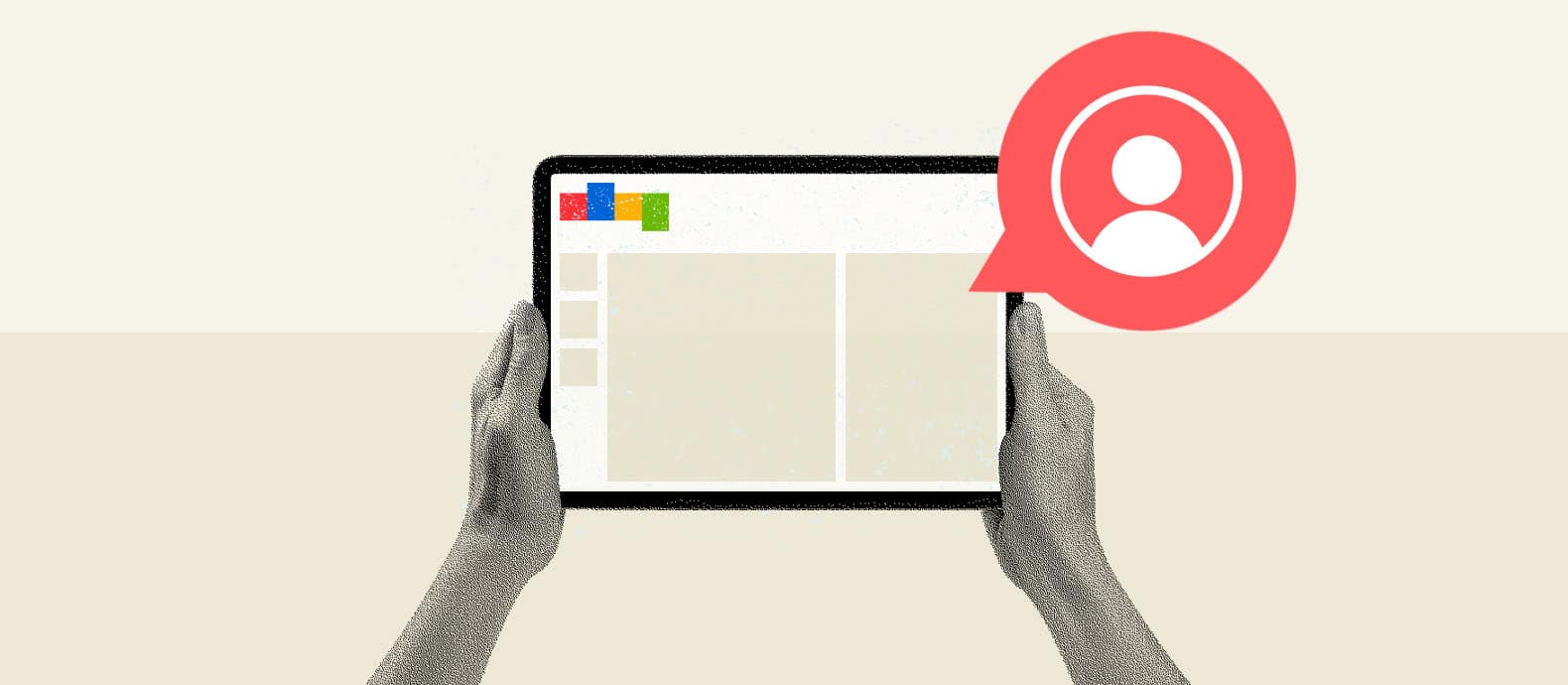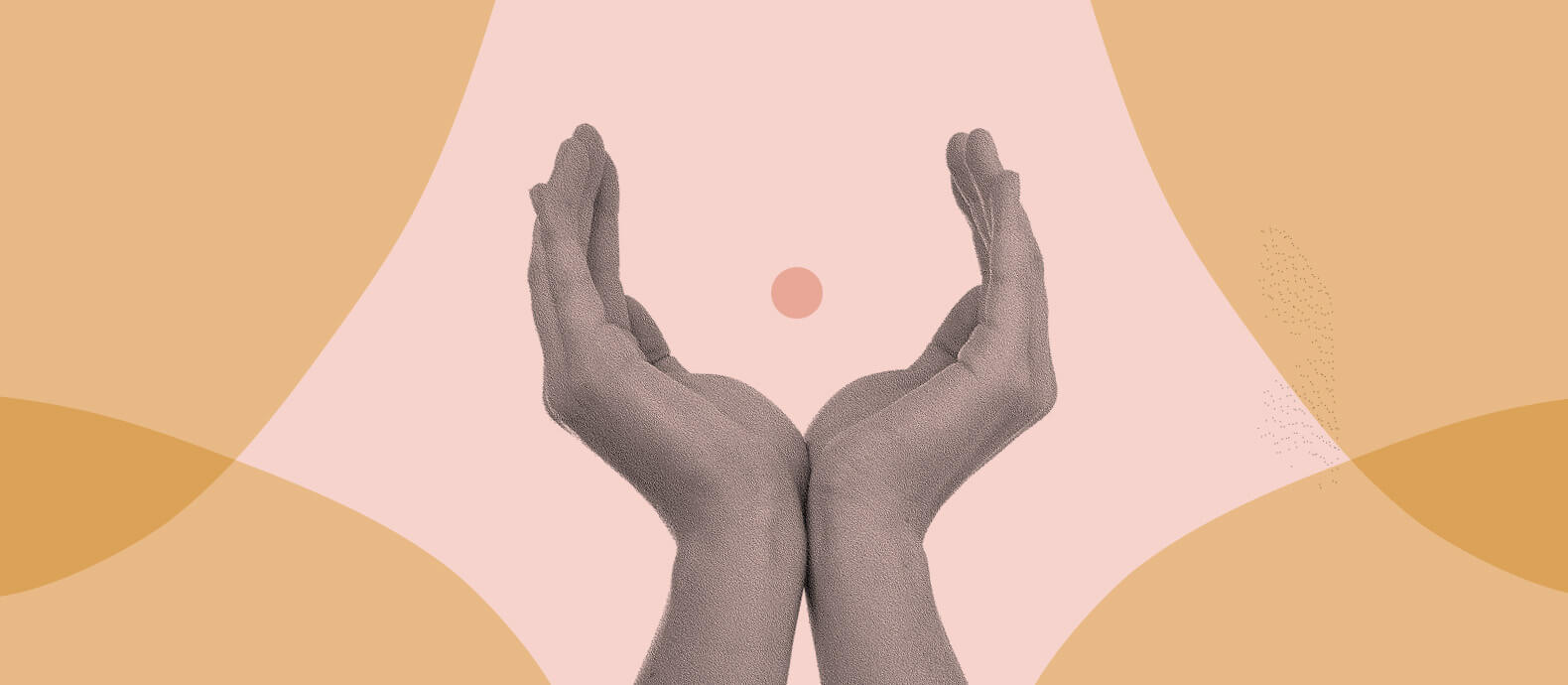The FIFA World Cup Qatar 2022™ is expected to be watched by 5 billion people this year. That’s two-thirds of the world’s population. Brands all over the globe, of course, are fully aware of the enormous opportunities an event like this can bring. From spreading brand awareness to selling football-related merchandise, the possibilities for making money off the back of the World Cup are endless and have the potential to be highly lucrative. However, they are not always legal.
The major revenue streams for the FIFA World Cup come not only from ticket sales, but from selling television rights, licensing rights, and marketing rights. Together, these three revenue streams generated more than $6 billion for FIFA in the 2018 World Cup cycle. In order to protect these revenue streams, FIFA must safeguard its intellectual property (IP). Sponsors and licensees pay FIFA sizeable amounts of money to use the World Cup’s official mascot, slogan, poster, or emblem, or be featured across the event’s marketing—so they have a responsibility to stop freeloaders from profiteering off the World Cup.
In this article, you will learn about:
- The IP challenges FIFA faces
- How FIFA protects its brand from counterfeiters
- How partnerships and licensees are protected
- What businesses can learn from FIFAs brand protection strategy
Protecting FIFA’s intellectual property ahead of the World Cup: the challenge
FIFA’s sponsors—who this year include Budweiser, Adidas, VISA, and McDonald’s—pay enormous sums of money to secure their place on the global stage. To get an idea of the scale of funds flowing from sponsors to FIFA, the Chinese smartphone manufacturer Vivo paid a purported €400 million to be an official sponsor of this year’s tournament.
It’s no wonder brands pay so much to be World Cup sponsors or affiliates. During the 2014 World Cup in Brazil, “Beats by Dre” created an advertising campaign featuring prominent World Cup players wearing their headphones. The result? A 130% growth in headphone sales and over 26 million Youtube views.
Sponsors will only invest if they are provided with exclusive use of FIFAs IP and other associations with the tournament. FIFA therefore have to do as much as possible to prevent, or immediately take down, any infringers of their IP.
In the run up to the 2014 World Cup in Brazil, a Brazilian travel company, Decolar, promoted travel packages specifically to host cities in a campaign they termed “Viva o Mundial”, “mundial” meaning World Cup in Portuguese. Mundial was a trademark registered by FIFA, therefore FIFA argued that Decolar were infringing their trademark, sent them a cease and desist letter, and succeeded in getting the campaign taken down.
There are a few ways that un-affiliated brands try to take advantage of the World Cup:
- Ambush marketing
Ambush marketing consists of non-sponsor companies trying to link themselves with the tournament through marketing or promotions. They may use imagery or textual references that create a link to the event and thus take advantage of the immense public interest generated by the World Cup without contributing to FIFA. Essentially, these companies are seeking free advertising, which serves to devalue legitimate sponsorships.
Often these companies will target fans through on-site advertising and promotional teams distributing flyers or branded items. The goal (no pun intended)? To obtain exposure at the site of the event where billions of fans are watching all over the world.
Often, these freeloaders will infringe FIFAs copyright or trademarks by using elements of World Cup branding. Every World Cup, FIFA will create a “brand suite” which includes a whole host of brand identifiers, such as official emblems, looks, mascots, slogans, logos, posters, host city posters, and more. FIFA has to make sure that all of these branding assets are protected under trademark, copyright, and other IP laws within the different regions throughout the world.

- Counterfeits
Every business selling World Cup-branded items needs to have obtained a license. If they are selling branded memorabilia without a license, FIFA considers them counterfeits. You can identify unauthorized memorabilia by its inferior quality and the lack of correct authentication (for example, the FIFA Official Licensed Product logo, holograms, etc).
World Cup counterfeit products can be anything from clothing and stationery, to keychains and World Cup Trophy replicas.
- Fraudulent ticket sales
Included in FIFA’s brand protection efforts is managing the ticketing enforcement program. The main aim of the program is to protect consumers from unauthorized sellers, who sell counterfeit or invalid tickets, overpriced tickets, tickets with incorrect seat allocations, or tickets that never arrive. These scams are often enabled through phishing tactics, such as fake websites or fake social media accounts.
What is FIFA’s anti-counterfeiting strategy?
Counterfeiting is currently a $600 billion problem in the US alone. It is a type of IP theft, and is therefore a criminal offense. False imitation or forgery of a well-known brand or product can lead to life in prison and penalties of up to $30,000,000 under U.S. federal law.
Counterfeits negatively impact a brand by instilling a loss of trust in a brand’s products as well as spreading a negative brand reputation.
For FIFA specifically, counterfeiting will not only undermine licensees and siphon away profits that should have gone to legitimate World Cup license holders, but the ethics behind the production of a counterfeit is not guaranteed. The Official Licensed Products label is an assurance that the product was made ethically and achieves a certain quality. When buying a counterfeit, you could be funding child labor and unacceptable working conditions.
FIFA collaborates with customs and law enforcement authorities all over the world to fight the battle against counterfeit products, with their anti-counterfeiting strategy resting on three pillars: communication, surveillance, and enforcement.
- Communication
FIFA engages in extensive campaigns raising awareness of their IP restrictions in relation to the World Cup tournaments. This helps to preemptively counteract any “innocent” infringements of FIFA’s IP. These campaigns are directed at the public, businesses, ticket holders, and all other stakeholders. FIFA’s website also has clear IP guidelines.
- Surveillance
FIFA registers all of their trademarks and copyright, as well as variations of these, and keeps an eye on intellectual property registers. Currently FIFA’s trademark portfolio consist of around 12,500 trademark filings/registrations. Even phrases like “Qatar 2022” and “ كأس العالم” ( World Cup in Arabic) are trademarked by FIFA, meaning that businesses couldn’t use these as part of their branding (if they were not partners or sponsors). FIFA monitors online marketplaces, social media, and other digital spaces for any IP infringements, as well as actively engages with customs globally to detect any shipments of counterfeit products.
- Enforcement
The majority of FIFA’s energy is dedicated to preventative measures in the form of education and guidance. If they suspect an infringement, FIFA will get into personal contact with the domain registrant or business owner to explain the situation and seek cooperation. Only if the situation gets out of hand will cease and desist letters be sent and sanctions be used.
FIFA’s Brand Protection: partnerships and licensees
Fifa has a three-tiered system among their commercial affiliates: Partners, FIFA World Cup Sponsors, and Regional Supporters. FIFA Partners are six to eight companies that receive the most comprehensive package of global advertising, and promotional and marketing rights. This year, these include Adidas, Coca-Cola, and QATAR Airways for example.
Their World Cup Sponsors are another six to eight companies that have access to a comprehensive worldwide rights package, however these are limited to the Tournament only. Sponsors include VIVO and McDonalds. Finally, Regional Supporters are four companies per region that receive a package of promotional, advertising, and marketing rights in relation to the tournament for their territory only.
Since these affiliates pay enormous sums of money for the privilege of promoting their brand and products during the most watched tournament in the world, FIFA has to ensure that the World Cup’s IP remains free of infringements from unscrupulous actors. FIFA gives their affiliates clear marketing guidelines, while sticking by their education, surveillance, and enforcement IP-protection method.
What can businesses learn from FIFA’s approach to brand protection?
- Register your company IP
Small and medium-sized companies (SMEs) often hope that their IP won’t be infringed, and then end up firefighting against multiple infringement cases: a tactic that sucks away money and time. FIFA demonstrates how preventative measures are the best – and most cost-effective – means of avoiding expensive legal battles.
FIFA also makes sure to register multiple trademarks and designs in order to avoid trademark and copyright infringements. Importantly, they register variations of their trademarks, something that is important for SMEs in relation to their domain names (companies should always register mistyped versions of their domain names in order to avoid typosquatting, for example).
- Education
Educating consumers and employees alike is a great preventative measure against IP infringements and counterfeiting. Tell your customers who your partners are and what to look out for in a counterfeit product, for example.
- Surveillance
Keep an eye on IP registers and monitor the digital space constantly for any suspicious social media profiles, websites, or ecommerce businesses. The internet never sleeps, so you need a software that doesn’t sleep either. Red Points Brand Protection software will scan the internet – that means social media, websites, domains and marketplaces – and process infringements automatically so that you don’t have to.
- Enforcement
If you’re enforcing your IP rights manually, you will need to find the domain registrant – which isn’t so easy when it’s intentionally fraudulent – and send a DMCA notice or cease and desist letter. If you would rather leave it up to the machines, however, then as part of Red Points Brand Protection Software, DMCA notices will be automatically sent and counterfeiters and gray listings taken down.
What’s next?
As one of the world’s most watched events, it’s no surprise that The World Cup brand is protected from all angles. FIFA protects their IP from ambush marketers, fraudulent ticket resellers, and counterfeiters through a three-stage strategy: education, surveillance, and enforcement.
While FIFA may be an enormous enterprise, SMEs can learn a lot from the IP-protection measures the sports association takes. One of the most time-consuming and difficult of all the measures is surveillance. Use the most advanced brand protection software to detect and process thousands of infringements automatically with Red Points.
